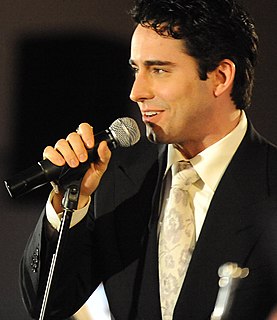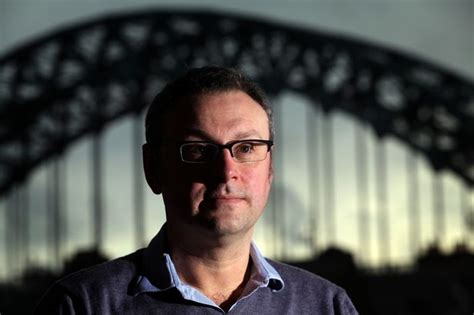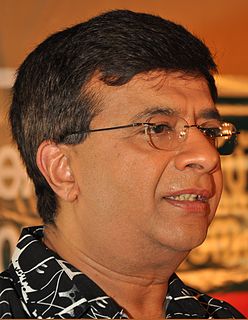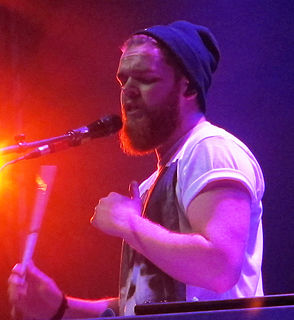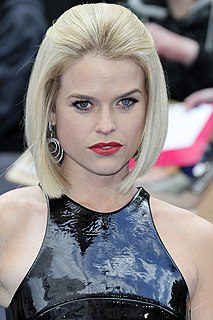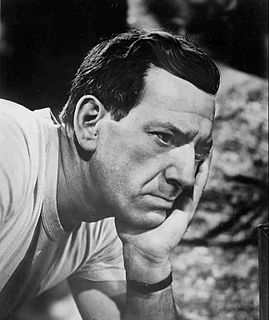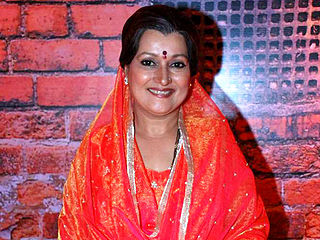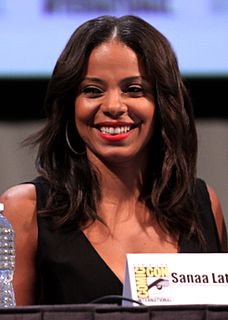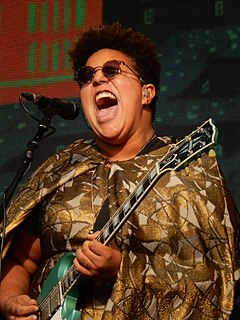A Quote by John Lloyd Young
It was great to play for a live audience on a stage.
Related Quotes
Whether you are a writer, or an actor, or a stage manager, you are trying to express the complications of life through a shared enterprise. That's what theatre was, always. And live performance shares that with an audience in a specific compact: the play is unfinished unless it has an audience, and they are as important as everyone else.
Whether you are a writer or an actor or a stage manager, you are trying to express the complications of life through a shared enterprise. That's what theatre was, always. And live performance shares that with an audience in a specific compact: the play is unfinished unless it has an audience, and they are as important as everyone else.
I got on stage and I went, "Oh wow. No stage fright." I couldn't do public speaking, and I couldn't play the piano in front of people, but I could act. I found that being on stage, I felt, "This is home." I felt an immediate right thing, and the exchange between the audience and the actors on stage was so fulfilling. I just went, "That is the conversation I want to have."
In film, the camera can get an array of shots so the audience can see the emotion the character is giving off. Using close-ups on the character's face really helps get the message across. On stage, you can't do that. But the stage has that live feeling that you can't get anywhere else because the audience is right there.
In film, the camera can get an array of shots so the audience can see the emotion the character is giving off. Using close-ups on the characters face really helps get the message across. On stage, you cant do that. But the stage has that live feeling that you cant get anywhere else because the audience is right there.
With theatre, you can interpret the most complex play on stage for it have meaning to an audience because you're dealing in images, you're dealing in action, you can use different idioms to interpret and clarify something which is obscured in the reading and of course there are different kinds of play, there are mythological plays, there are what I call the dramatic sketches, direct political theatre which is virtually everybody, but I find that you can use the stage as a social vehicle, you know, which any kind of audience.
I guess I prefer to play live, but I don't want to have only live CDs. I like playing live because there are alot of things that can happen. I can interact with the audience and say some things to get me in trouble. On the other hand, the studio is nice because you can really take your time and make something that you know is the best thing that you can ever do. But nothing beats being up on stage in front of all that energy.
You play with the audience, and they play back with you. They get into it, and then everybody gets into it. I don't want to be like a monkey on stage and just go through the motions because then it wouldn't be fun anymore. I just pay attention to the audience and appreciate the fact that somebody wants to see us. That gets me psyched.
Normally classical music is set up so you have professionals on a stage and a bunch of audience - it's us versus them. You spend your entire time as an audience member looking at the back of the conductor so you're already aware of a certain kind of hierarchy when you are there: there are people who can do it, who are on stage, and you aren't on stage so you can't do it. There's also a conductor who is telling the people who are onstage exactly what to do and when to do it and so you know that person is more important than the people on stage.
